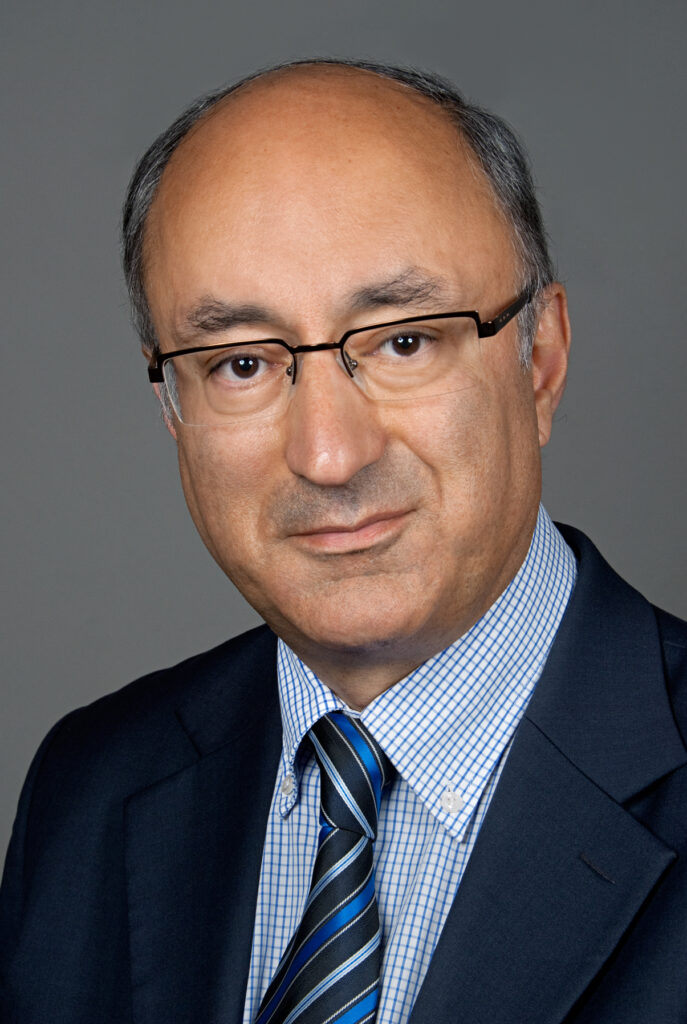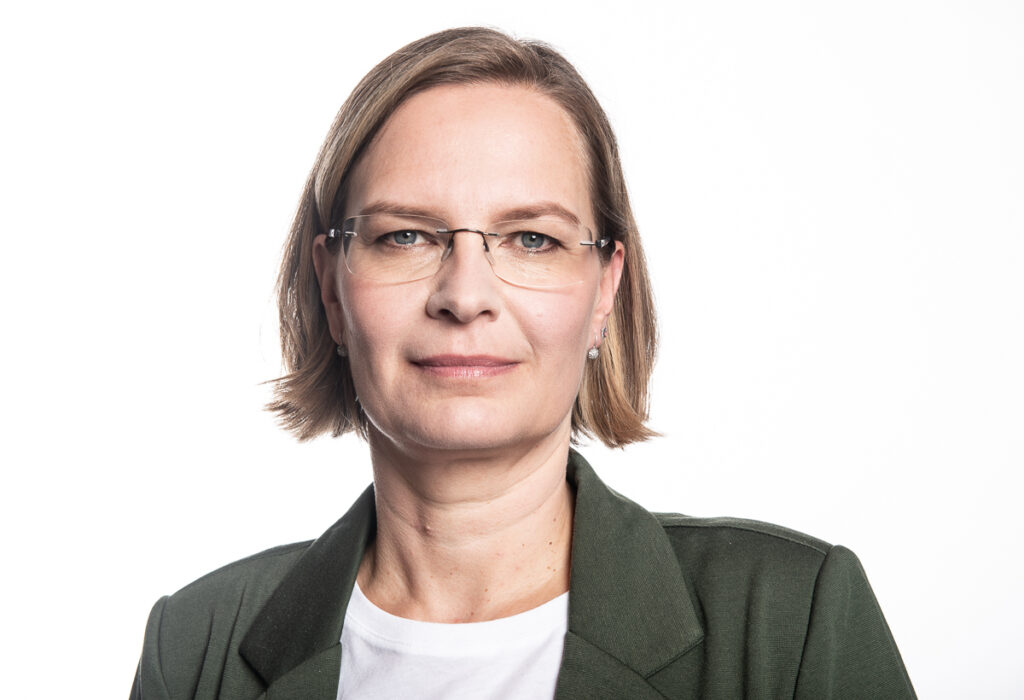One hundred and one years ago, in 1920, in response to the deplorable situation of students and teachers at the university of Vienna after the First World War, some brave women and men from the United Kingdom started a major assistance operation for the war-torn universities in Europe. For this purpose, European Student Relief was created, the predecessor of World University Service (WUS).
Following the Second World War, WUS grew into a network of some 50 national committees with an international secretariat in Geneva. This network faced significant challenges with the end of major support programs following the democratisation in South Africa and in Latin America, depriving the network of its main funding base and requiring the closure of the Geneva office. Still, several committees, particularly in Canada, Germany and Austria, continued their activities with different focuses.

In Canada, WUS grew into one of the largest Canadian international volunteer co-operation organisations, sharing expertise amongst its partners in 20-plus countries, in efforts to reinforce local capacities and foster education, employment and empowerment opportunities for youth. WUS Canada also developed a unique program that offers education and resettlement opportunities for refugee scholars in Canada, with the support of student committees, faculty and administrations on over 100 university and college campuses across the country. This work has been complemented by WUS Canada’s education programs in countries of first asylum, that seek to ensure that refugee youth, particularly girls, have access to quality primary and secondary education.
Together, these programs have informed WUS Canada’s more recent efforts to share its expertise with governments, academic institutions and civil society organisations in other countries of first asylum as well as safe third countries, in order to expand durable solutions for refugee youth – a cause that continues to unite and motivate its network of volunteers, students, alumni, academic institutions and partners in Canada and around the world. The next frontier of this work is the placing of refugee-led organisations, initiatives and responses at the centre of WUS Canada’s commitment to refugee youth – a direction that draws significantly upon WUS’ 101 year history.

WUS Germany, founded in 1950 after the Nazi dictatorship and after an audit mission on behalf of WUS by Olof Palme, then a student representative and later Prime Minister of Sweden, has focused on four areas of work within the framework of the human right to education:
- Promoting international exchanges of students and scholars
- Promoting educational projects in Africa, Asia and Latin America
- Promotion of students and scholars in exile
- Promoting Global Learning and Education for Sustainable Development (ESD)
Throughout the years, volunteer members of WUS have been and continue to be the backbone of our work.
In all these years and in all our work, the international network of WUS has been and is an immeasurable help. Actually, one must point out that the www, the world wide wus founded an international network of countless people and it is always fantastic to see the commitment of all these people to the goal of WUS, the human right to education.
Many were already active in WUS at a young age and this work has shaped them for the rest of their lives, as they have recognised the value of education as a human right and what solidarity means. Among them are later State Presidents, Prime Ministers, Ministers, but also thousands of other activists who in their immediate community are working every day for the human right to education.

WUS Austria was founded in 1983 in Graz after a first attempt in the 1960s proved not to be sustainable. Due to the Balkan wars in the 1990s it developed a focus on assisting students and higher education in the Western Balkans in the reconstruction of the universities followed by activities targeting on reforming the higher education system with a focus on quality assurance. Not only with its activities, but also through the office in Pristina, WUS Austria is still firmly anchored in the Western Balkans. In Kosovo, WUS Austria currently co-ordinates a project that aims at a more diversified public higher education and research sector in line with the European Higher Education Area (EHEA), the European Research Area (ERA) and the Sustainable Development Goals (SDG).
Beyond Austria and the Western Balkans WUS Austria presently is active in Ukraine, Central Asia, and the Caucasus with programs supporting international co-operation, quality assurance, linking higher education with the labour market, implementing a human rights-based approach in educational planning, and in supporting the access of marginalised groups to higher education. The main funders are the European Union and the Austrian Development Cooperation. Also in the future the quality of (higher) education, the integration of the Western Balkans in the EU educational space and the improvement of the situation of marginalised groups and refugees remains core to WUS Austria´s activities.
Today these three committees together with others WUS committees and the WUS alumni form a loose network, which carries on the long-standing cause of the WUS family – a shared commitment to the human right to education for all, and a focus on the most vulnerable, particularly refugees.
“This centenary book … has been produced … to make WUS’s rich and important history more widely available”
This centenary book has mainly been produced to commemorate and to make WUS’ rich and important history more widely available. However, this publication not only creates an opportunity to reflect on WUS’ past but also to renew its commitment to the right to quality education as presently defined in the 4th Sustainable Development Goal of the Agenda 2030. This is the main topic of the Global Conference on the Human Right to Quality Education, organized by WUS committees and alumni on 21 -23 September 2021 at the University of Vienna, at which occasion this publication is being launched. Due to the COVID-19 pandemic, the conference and centenary celebration had to take place a year later than originally planned.
This centenary book would not have been possible without the contributions, collaboration and support of numerous persons and institutions. In particular, we would like to thank Bettina Schmidt from WUS Germany, Robin Burns from Australia and Alan Phillips from WUS UK for their outstanding leadership and persevering efforts to bring this book into being. We would also like to thank all of the people who drew on their memories and files to contribute to the writing of WUS’ history as in particular Wolfgang Nies. We would also like to express a special thanks to WUS Germany for taking on the responsibility of finalising this book with a view to its publication.
“The extraordinary commitment of WUS Austria”
The fact that we can celebrate the centenary in the form of an international conference despite the cororna pandemic with a one-year delay is due to the extraordinary commitment of WUS Austria under the leadership of Prof. Dr. Wolfgang Benedek.
Altogether, the many contributions provide a colorful picture of the rich WUS history over 100 years, but also provides an outlook on its potential future.
It is the hope of the undersigned that the spirit of WUS present throughout the last 101 years can inspire closer cooperation, new activities and a stronger network in support of our longstanding commitment to education for all.
Chris Eaton, WUS Canada
Kambiz Ghawami, WUS Germany
Veronika Nitsche, WUS Austria



